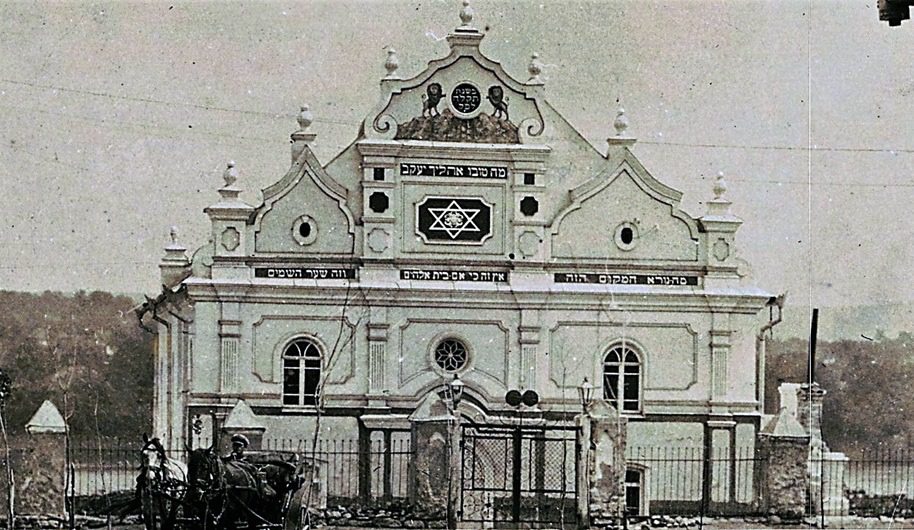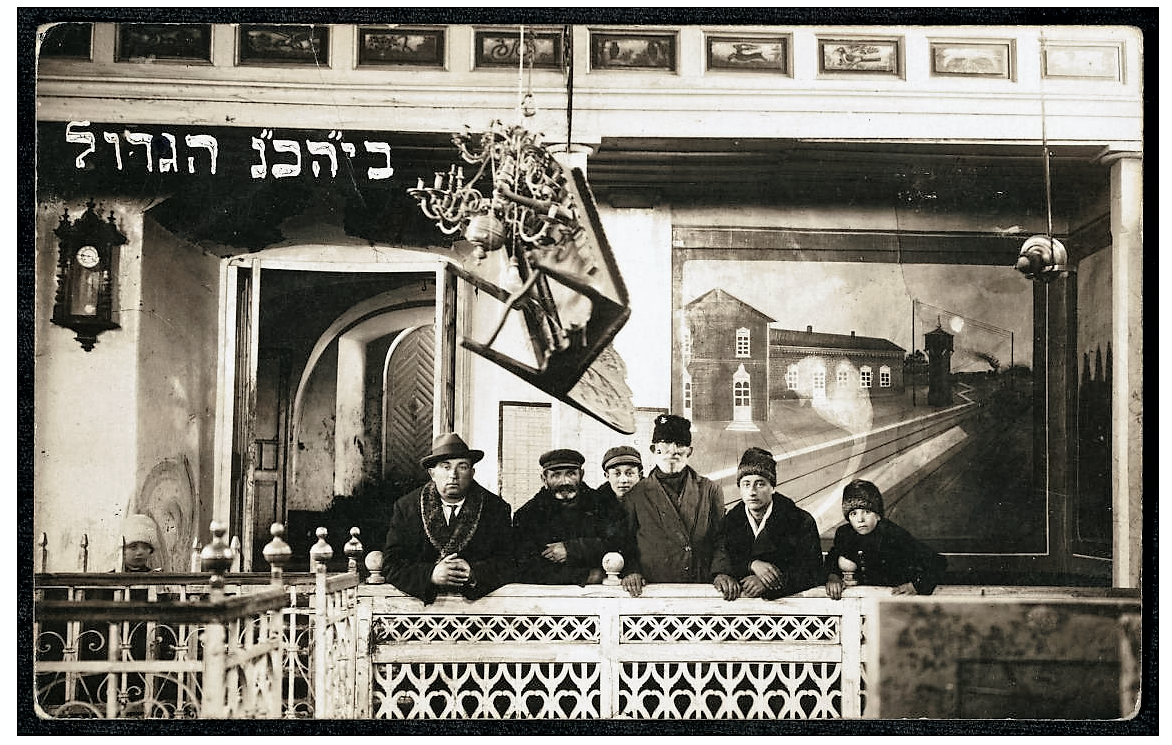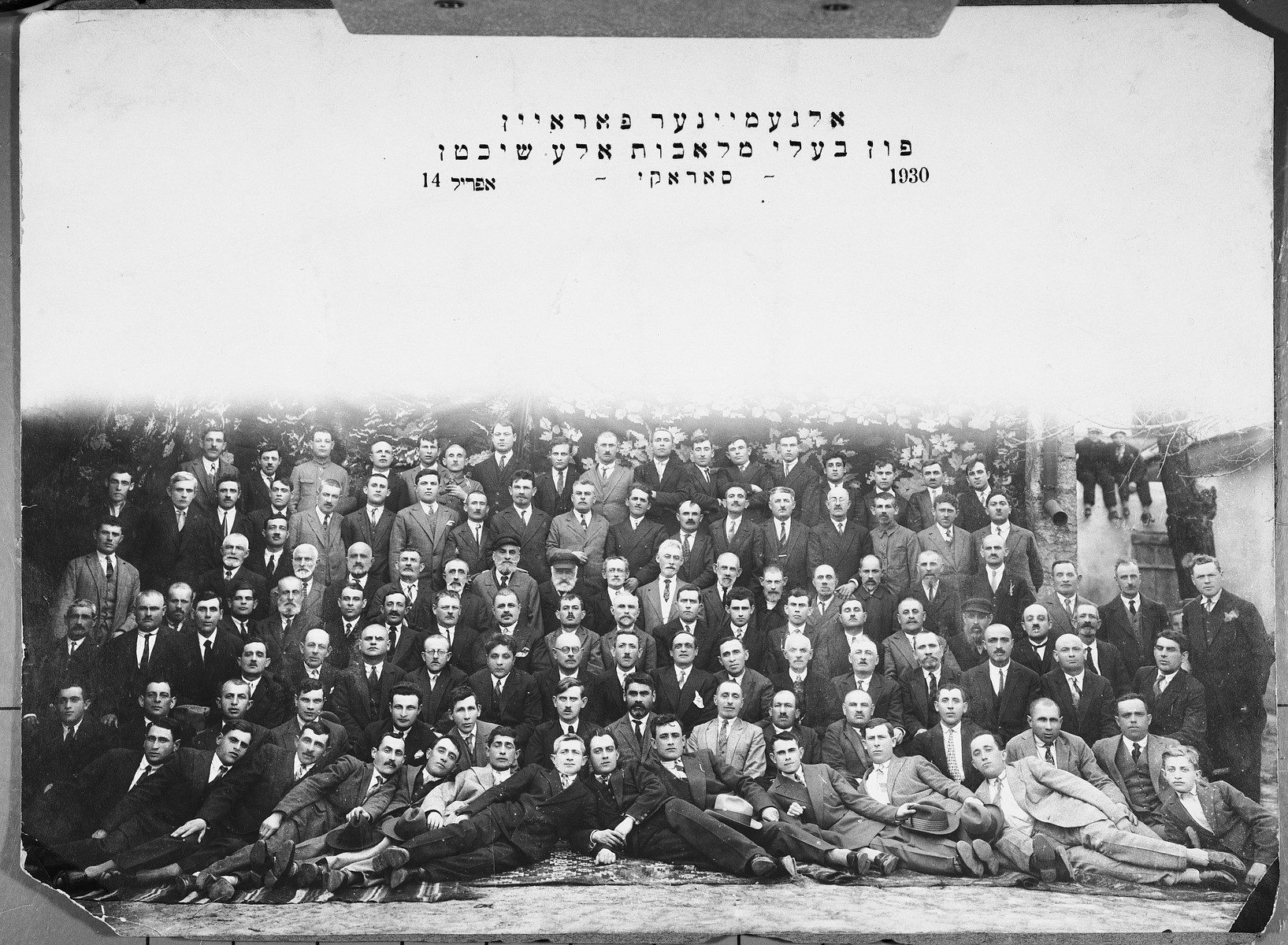Moldova_ Soroca city
Soroca city
The town of Soroca is actually the oldest settlement on the territory of the Republic of Moldova. Already 2000 years ago, the settlement of Karsidava was located on this site. It is marked on the maps of Claudius Ptolemy. Then the Genoese colony of Olchionia is located here. In the 15th century, the name Sirakio fortress appeared on the maps of Europe. At this time, the ruler of Moldova, Stefan cel Mare, builds a fortress, which is called Saraki. It is believed that the name comes from the Romanian sarac – poor or orphan. The date of foundation of the town of Soroca is considered to be 1499. In the 17th century it was often attacked by bands of Cossacks. In 1692, the Soroca fortress became the possession of Poland, a garrison is established here, which defends from the attacks of the Turkish sultan. A Polish proverb says that the most unruly gentry are exiled to Soroca. In 1711, the Russian Tsar Peter I captured Soroca for a while and organized there the main store of supplies for his army. After 1812, the town became part of the Russian Empire as part of Bessarabia. By 1897, the population increased to 16 thousand people. In July 1941, it was occupied by German units and Romanian gendarmes. In 1944, Soroca becomes the first liberated city of Moldova, the government of the republic moved there from evacuation for six months. In 1991, the population was almost 43 thousand people. At the moment, about 22 thousand people live in the municipality of Soroca.
Soroca in detail
The Jewish history of the town begins in ancient times. An important port warehouse was located nearby, goods arrived from all ports on the Dniester, including Tyra (today Belgorod-Dnestrovsk), a colony of Miletus, where Jews already lived. There are also Jews in the Genoese colony of Olchionia. On the banks of the Dniester, near the city of Soroca, Khazar outposts were discovered. In the Khazar Khaganate, starting from the 7th century, Judaism became the main religion. In the region of Soroca, a grave stele was found with inscriptions in Hebrew or Aramaic. One of the main synagogues of the town, which was called Zlatopolskaya, can be called a Jewish trace of the Polish period of Soroca. According to the Jewish Encyclopedia Brockhaus and Efron, there were Jewish burials in Soroca from the 15th century. They are not currently preserved. It is also indicated that a 17th century Torah Scroll was kept in one of the synagogues. The first mention of the Jewish community dates back to 1653. In 1772, 170 people lived in Soroca, including 70 Jews. In 1775, the first Lithuanian synagogue was built. According to the 1897 census, the city’s Jewish population reaches its maximum of 8,783, i.e. over 57% of the town’s inhabitants. There are 20 synagogues, 4 Jewish cemeteries, a hospital, a library, men and women’s schools, and 4 Zionist youth organizations. Since the middle of the 19th century, Soroca is one of the centers of the Jewish colonial society.
On the eve of the World War II, Jews made up 36% of the city’s population. The Germans and Romanians captured the city in July 1941. Jews who could not or did not want to evacuate were doomed. Immediately after the occupation, 40 of the most famous Jews, including the rabbi, were shot. About 6,000 Jews from Soroca and the district were herded into the Cosauti forest and brutally murdered. The investigation showed that many were buried alive, people’s hands and feet were cut off, and their heads were crushed. Judging by the sadism, the Gendarmerie Legion, consisted of former members of the Iron Guard, took part in the action. By the end of 1943, only eight Jews remained in Soroca. After the war, Jews began to return. In 1961, the synagogue, and in 1966, the matzebakery were closed by the Soviet regime. In 1989, the synagogue was returned to the community. At the beginning of the 21st century, about 200 Jews remained in the town. Local Jewish businessmen carried out repairs at the cemetery, in the synagogue, erected monuments to the Holocaust. However, the community was aging, young people left for other countries or for Chisinau. Today there are about 30 Jews and members of their families in Soroca.



